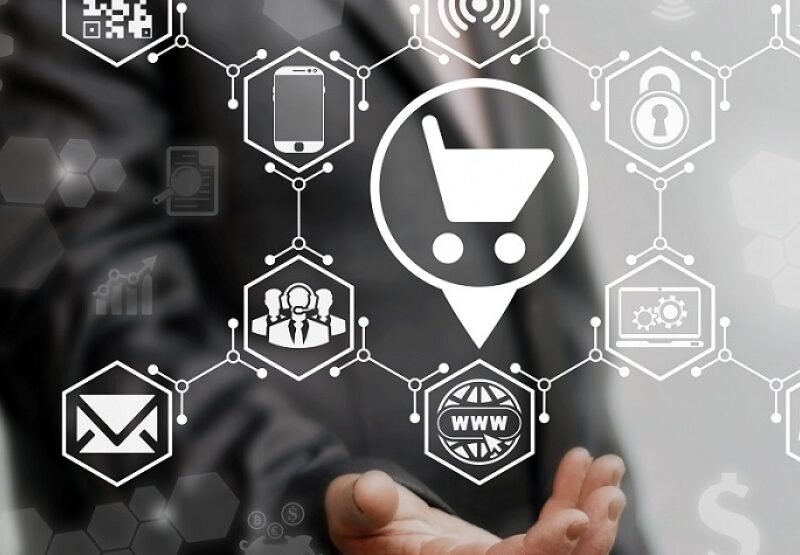B2B Marketplaces
The traditional business model for business-to-business transactions has been disrupted as a result of the emergence of online business-to-business marketplaces.
These marketplaces provide a setting for businesses to interact with one another, exchange goods and services, and widen their consumer base to include people from all over the world.
Trust and Security
For any business-to-business (B2B) marketplace to be successful, trust and safety are absolutely necessary.
In order to successfully acquire and sell goods and services, companies need to have full faith that the marketplace is a risk-free and protected setting for these activities.
To protect users from fraudulent activity, data breaches, and other types of security risks, B2B marketplaces need to have stringent security protocols.
B2B marketplaces need to build secure payment methods, provide access controls, and utilise encryption to protect sensitive data to address the issues raised.
They also need to establish trust and transparency through the use of reputation management systems, reviews that have been independently verified, and other measures that assist businesses in establishing trust with one another.
Fragmentation
The challenge of fragmentation is frequently one that B2B marketplaces must tackle. In contrast to business-to-consumer (B2C) marketplaces, where customers are more likely to purchase from a single vendor, business-to-business (B2B) purchasers may purchase goods and services from several different vendors.
Competition
Competition is yet another significant barrier that needs to be conquered by B2B marketplaces.
As a market continues to grow and attract more and more participants, it becomes increasingly difficult for individual markets to distinguish themselves and stand out from the crowd as the number of companies that compete with one another in the market is growing.
To overcome the consequences of competition, business-to-business (B2B) marketplaces need to focus on providing a unique value proposition that sets them apart from other marketplaces.
This could involve the provision of specialized goods or services, the improvement of the experience of using the product, or the formation of a market that is simultaneously more productive and less expensive.
Complexity
Business-to-business (B2B) transactions are often more difficult than business-to-consumer (B2C) purchases because they involve more stakeholders and intricate pricing structures.
Because of this complexity, it can be challenging for B2B marketplaces to streamline the purchasing and selling process and deliver a seamless experience for their customers.
B2B marketplaces need to have a primary emphasis on developing a user-friendly platform that streamlines the purchasing and selling process in order to address the issue of complexity.
This may involve giving businesses access to a skilled support team that can answer questions and provide direction, as well as providing access to tools and information that can assist businesses in navigating the complexities of B2B transactions.
Regulation
These regulations typically concern topics such as data protection and intellectual property.
Because of the potential for hefty fines and other legal consequences for failing to comply with these standards, it is absolutely necessary for B2B marketplaces to remain current on the most recent regulatory requirements.
Conclusion
Some of the challenges that B2B markets need to overcome include the cultivation of trust and the establishment of a secure environment, as well as the administration of fragmentation and the administration of competition.
B2B marketplaces can overcome these challenges and continue to expand and thrive, provided they place a significant emphasis on building a distinctive value proposition, simplifying the process of buying and selling goods and services, and keeping informed of the most recent legislative requirements as they emerge.
Thank you for reading. You Can Follow Us On Twitter, Facebook, and Instagram. Be sure to subscribe to our Youtube channel too!
If you would like to be a guest blogger on Future Trip Experience in order to raise your profile, contact us.











